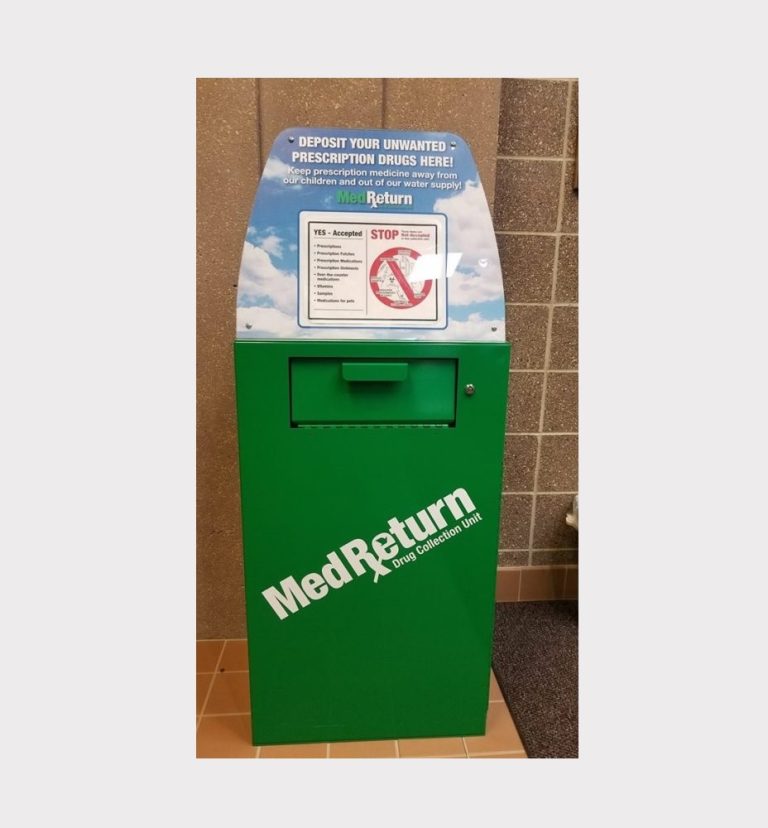Statewide Iowa — We’re more than two weeks into 2021 now and the experts say about eight in ten New Year’s resolutions are broken by the second week in February.
One popular vow is to lose weight. Nutritionist Heather Rasmussen says for Iowans who’ve already cheated, that’s perfectly fine but now, get back on course to getting healthy.
(As above) “It should be done all year ‘round but the new year gives people an opportunity to reevaluate what they’re doing both diet-wise and physical activity,” Rasmussen says, “and maybe to change their mindset and create some goals surrounding their health including diet and exercise.”
Just because you didn’t stick with your resolution doesn’t mean the exercise was worthless. She says anytime you form a goal, it allows you a chance to pause, look over your situation and make changes to your lifestyle, even if the change is temporary. Rasmussen says permanently changing dietary habits is extremely difficult, so for those trying to stay on the wagon, a slow-and-steady approach may be ideal.
(As above) “People get overwhelmed and say, ‘Okay, I’m never going to eat pizza again in my entire life,’ and then they just don’t do it because it’s too much,” Rasmussen says. “Thinking about my patients, what are your short-term goals? I know you want to lose 50 pounds but what do you want to do for this month, or this week?”
If you find yourself slipping on your nutritional mission, it might help to scale back long-term goals in favor of more short-term ones. Good habits, especially ones drastically different from typical lifestyles, are hard to start and even harder to keep. Research shows that on average, it takes about 66 days for a habit to become automatic.











